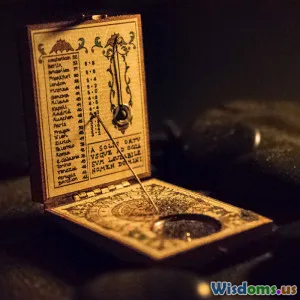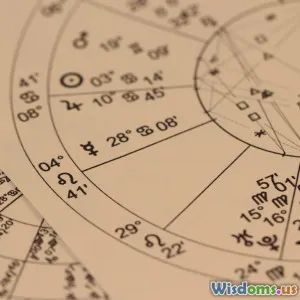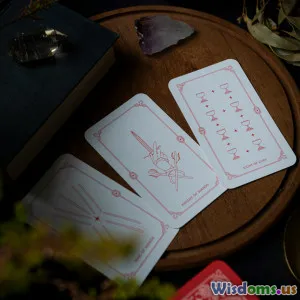
Beginner Mistakes to Avoid When Reading Oracle Cards
16 min read Discover common pitfalls beginners face when reading oracle cards and learn how to avoid them for more accurate, insightful, and empowering readings. (0 Reviews)
Beginner Mistakes to Avoid When Reading Oracle Cards
Oracle cards offer an accessible and insightful way to connect with one's intuition, gain clarity, and receive gentle guidance. But as with any healing or reflective tool, the magic of oracle cards is as much about practice and understanding as intuition. Many curious newcomers quickly realize there's more to drawing a card than meets the eye. Starting out, it's easy to fall into certain traps that cloud readings or diminish confidence. Here, we explore the most common beginner pitfalls—and how you can sidestep them to make your relationship with your cards inspiring and authentic.
Choosing Your Deck Without Alignment
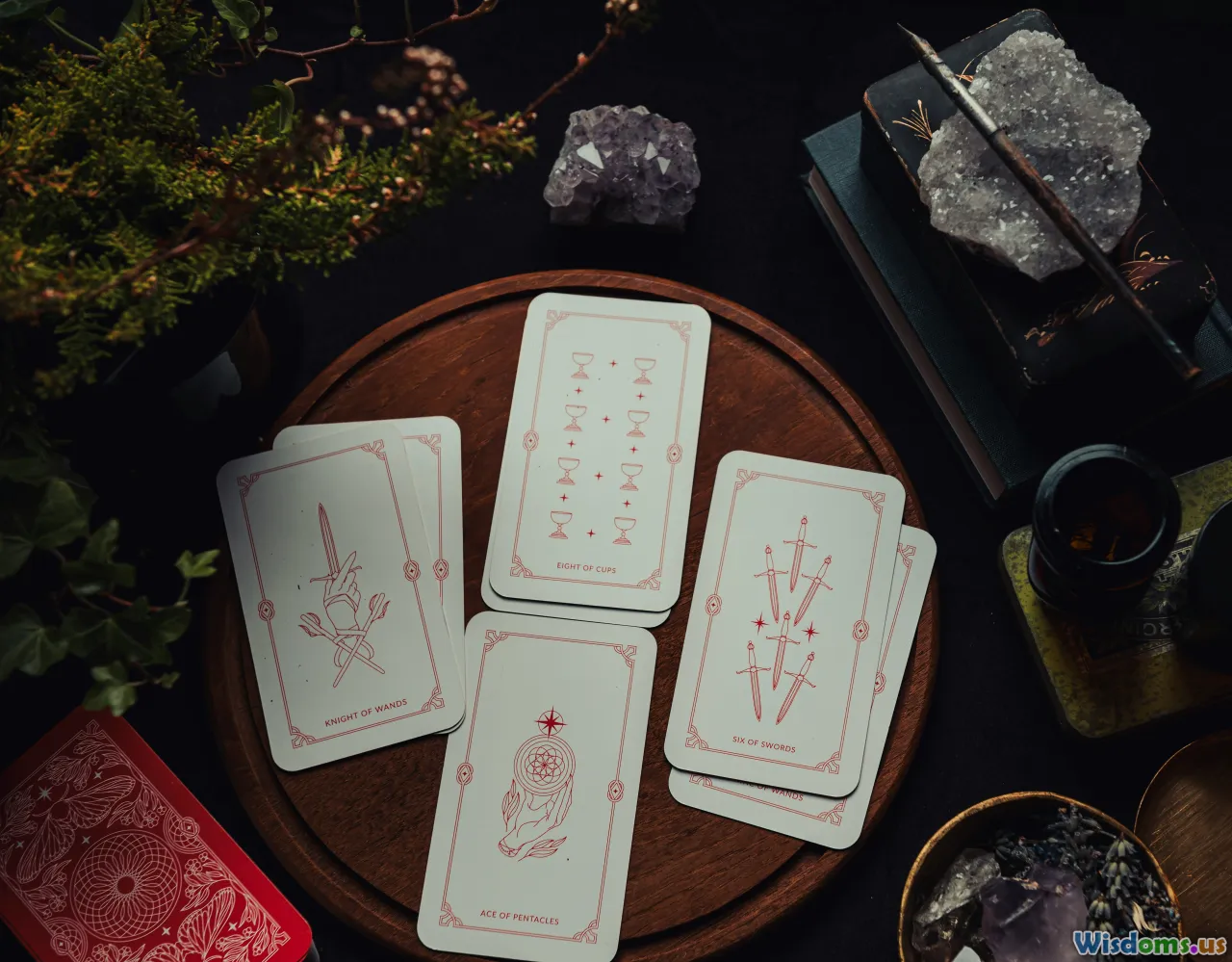
It’s tempting to select a deck based purely on beautiful artwork or Instagram popularity. While aesthetics enrich your experience, the core of a trustworthy reading lies in your resonance with the deck. Many beginners end up with cards that look pretty but feel flat or confusing in practice.
Tip: Let Intuition Guide Your Choice
Approach shopping for an oracle deck as a ritual. Whether in a metaphysical store or online, notice which themes or imagery stir emotion or curiosity. For example, if you thrive on nurturing archetypes, a deck centered around gentle angels might connect more than one themed around lost cities or bold animal spirits. Remember, oracle decks can be deeply personal—skip the hype, and tune into what feels meaningful.
Example
Maria, new to card reading, initially purchased a trending “universe wisdom” deck online. Yet, she found its abstract illustrations and cryptic phrases challenging. Later, drawn to a local artisan deck depicting seasonal plants and clear language, she finally felt at home with her readings. Let your intuition take the lead.
Neglecting the Guidebook

Too many first-timers bypass the included guidebook, convinced that real intuition means abandoning all written aids. While confident improvisation is a wonderful milestone, the guidebook is an invaluable introduction—not a crutch.
Why the Guidebook Matters
Guidebooks provide not only card meanings but context, symbology, and sometimes even spreads designed specifically for that deck. Skimming the guidebook can help connect the card’s artwork with intended insights, prevent misunderstandings, and reveal nuances missed by surface readings.
Example
Consider the "Release" card. One deck may interpret this as letting go of the past, while another might frame it as an encouragement to release expectations or fears. Failing to consult the guidebook could result in contradictory messages and frustration.
Pro Tip
Start your journey by reading the entire guide cover-to-cover—or at least reviewing individual card meanings as you pull them. With practice, your interpretations will become more intuitive, but the foundation pays off for lifelong readings.
Over-Relying on Single-Card Draws
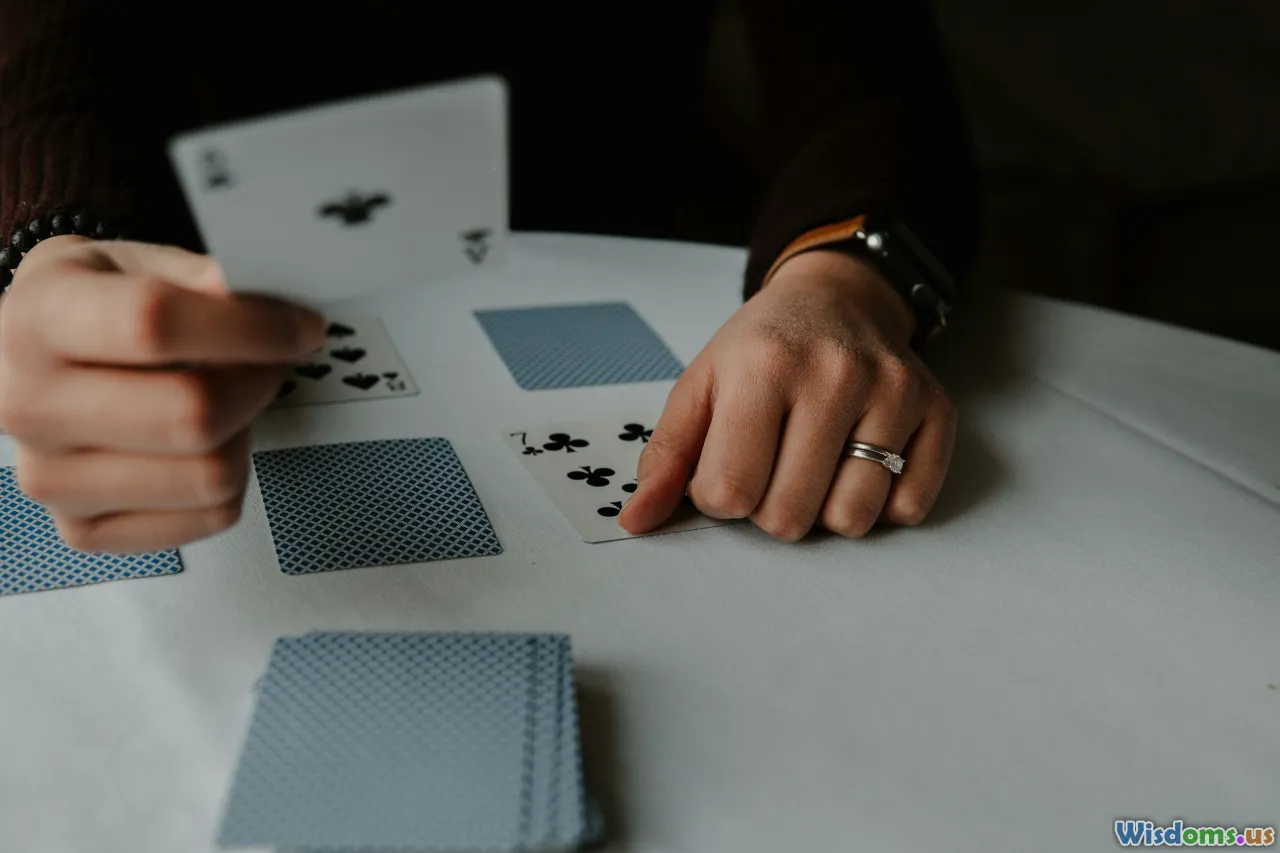
Single-card draws are a fantastic way to start—simple, succinct, and accessible. Yet, some beginners never move past this stage, which can limit understanding and depth. Complex questions, evolving narratives, and patterns often demand a broader perspective.
Explore Multi-Card Spreads
After getting comfortable with one-card readings, try spreads involving two or three cards. Even a basic Past-Present-Future layout or an "Issue-Advice-Outcome" spread opens layers of insight and storytelling that help build confidence.
For example, Lena wanted clarity around a job dilemma. A single card suggested patience, but a three-card spread revealed deeper issues: the root of her impatience, guidance for what to shift, and a peek at what would follow. This holistic view moved her from impatience to informed action.
Asking Vague or Double-Barreled Questions
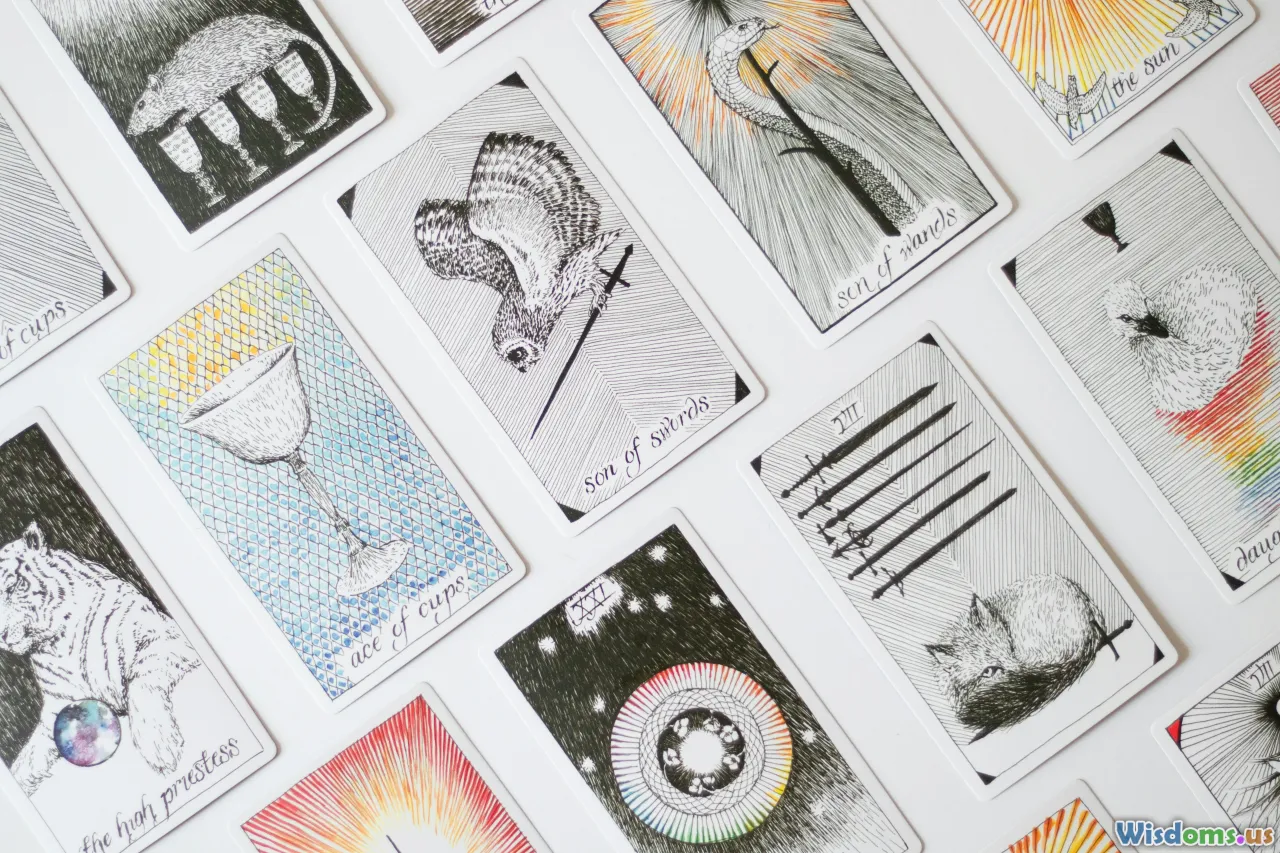
“Will I be happy in the future?” or “Should I move, find love, and change careers?”—such broad or multi-pronged questions can confuse both reader and card meanings. Oracle cards are best consulted with focused, open-ended questions.
How to Frame Effective Questions
Phrase your query so it’s specific but not leading. Instead of asking, “Will I succeed in my new business?” (inviting yes/no responses or anxiety), try, “What energy will support me in growing my business?” or “What block should I be aware of on this path?”
Jot down questions before reading or keep a deck journal to track what elicits the clearest, most actionable guidance. This single shift unlocks more relevant answers and hones intuition over time.
Expecting Literal Predictions

Unlike tarot, with its nuanced symbolism and history of divination, oracle cards are designed for guidance, reflection, and inner growth—not precise fortune-telling. Many newcomers fall into the trap of seeking black-and-white, literal outcomes—like waiting for a romance card to instantly manifest love.
Embracing Symbolic Wisdom
Oracle cards deal in metaphor and archetype. Take the "Voyage" card: Instead of guaranteeing a vacation or upcoming trip, it might indicate a season of emotional exploration. Readings become richer and less stressful when viewed as supportive compass points rather than as fate set in stone.
Example
David, hoping for a job offer, kept pulling cards indicating "growth" and "patience." He initially dismissed the deck as inaccurate when his dream job didn’t materialize overnight. Later, he realized the message was deeper—he needed to build specific skills first. Seeing readings as conversation prompts allowed for deeper life shifts.
Over-Reading: Pulling Too Many Cards
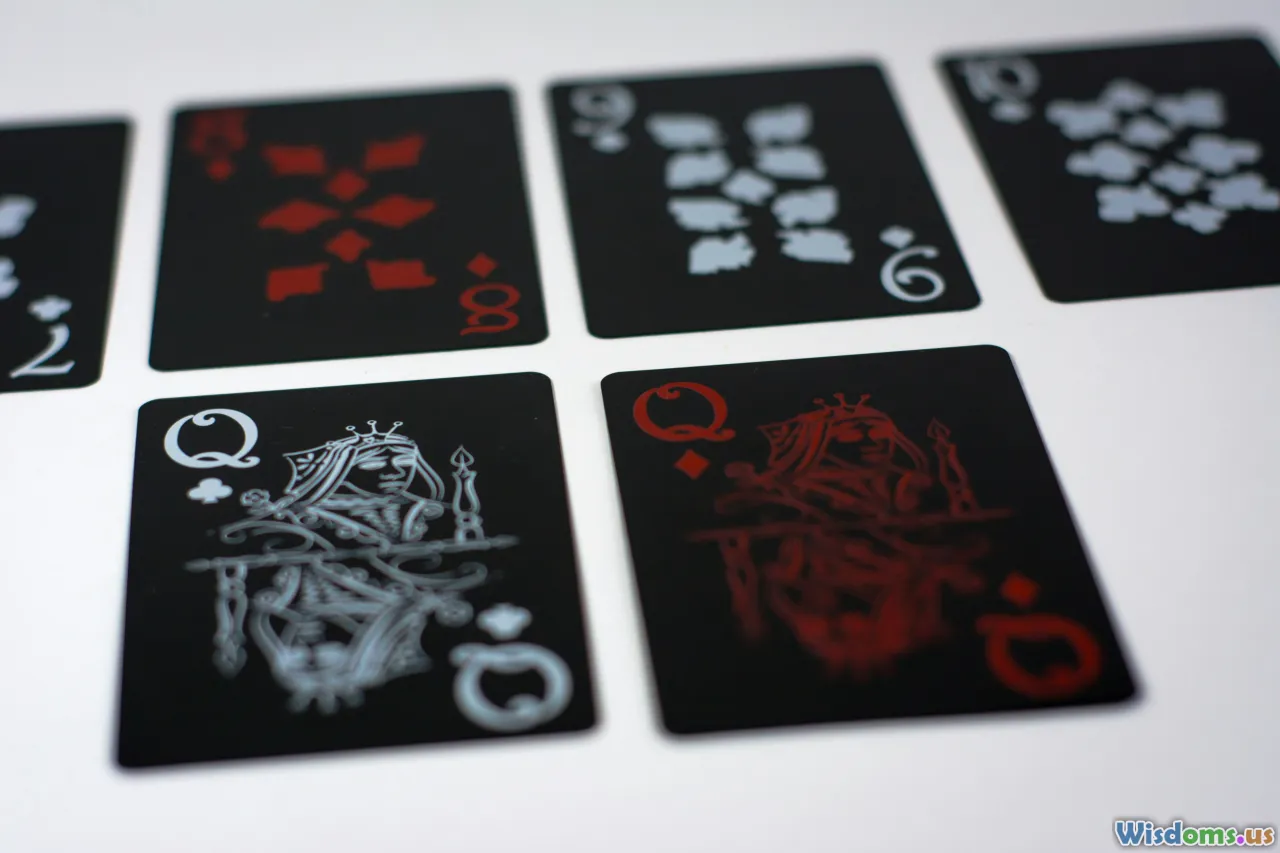
It’s natural to want more answers, especially when cards suggest ambiguity. The pitfall is “over-reading”: shuffling and pulling card after card until you ‘like’ the answer. This only muddies interpretations, increases confusion, and negates your trust in both the deck and yourself.
How to Avoid Over-Reading
Limit card pulls in any single session. Stick to your original question’s spread—no matter how curious you feel. If you’re still unclear or dissatisfied, journal about the initial spread’s message, then return to the cards later for fresh insight.
Example
Tessa, unsure about a friendship problem, drew six different cards—each seemingly conflicting. After a break and reflection, she understood the first pull pointed her toward setting boundaries, while subsequent cards simply amplified her uncertainty.
Ignoring Personal Reflection
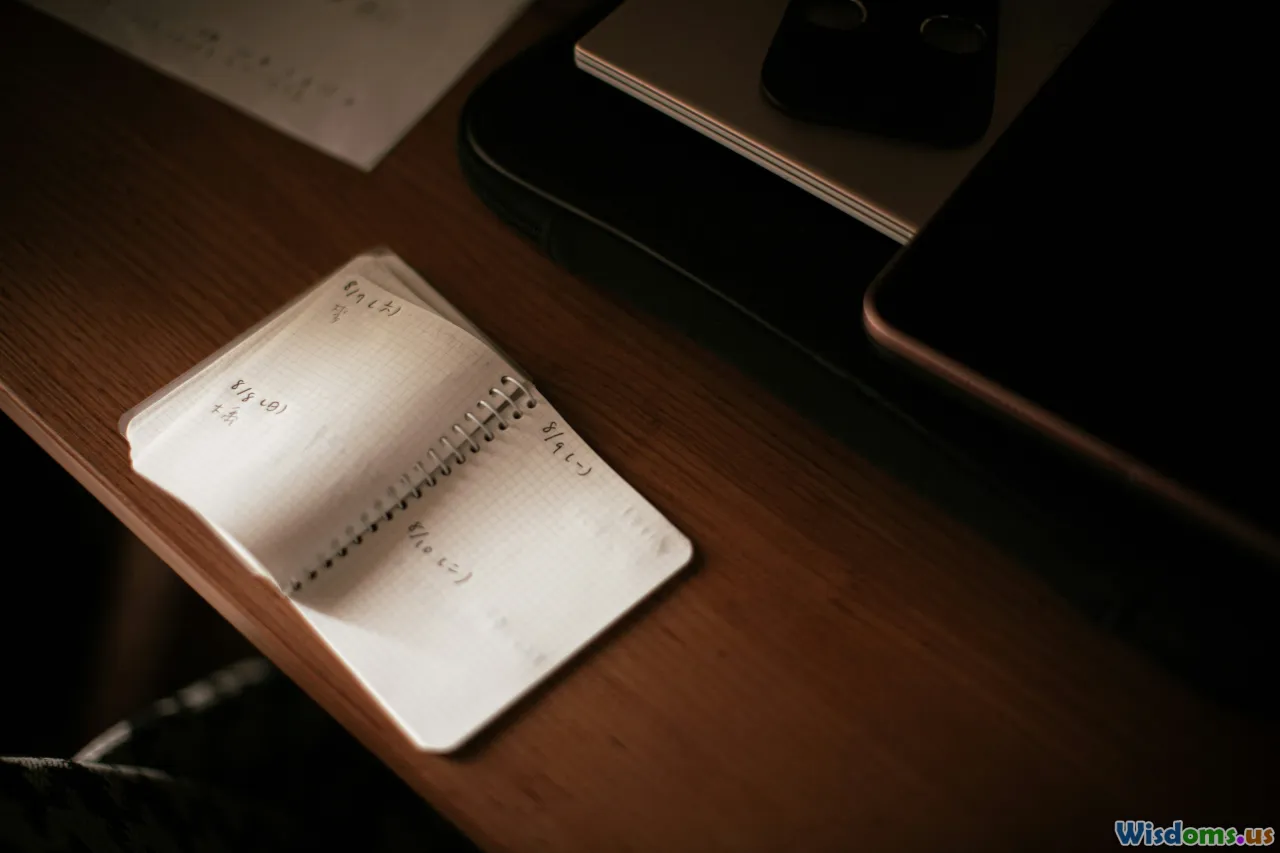
Many beginners believe oracle cards ‘give’ answers, minimizing their own role in the storytelling. While cards offer prompts, the most profound guidance emerges when you integrate card messages with your own circumstances and emotions. Skipping reflection can turn lively guidance into static fortune cookies.
Making Card Readings Personal
After every pull, sit with the imagery and your emotional reactions. Ask yourself:
- Does this card relate to my question?
- What story is forming given my recent experiences?
- Does it validate, challenge, or reframe my perspective?
- How can I apply the advice practically?
Keep a journal for everyday readings or major spreads. With time, you’ll notice themes and growth arcs—and spot recurring symbols from your unconscious mind.
Rushing or Skipping the Ritual

Quick card readings between meetings or distractedly pulling from the deck on your phone can rob you of depth. Oracle cards often respond best in calm, grounded settings that invite your spirit to participate fully. Creating a ritual need not be complicated but should be intentional.
Suggested Practices
- Clear your space: Light a candle, ring a bell, burn incense—whatever sets a tone of focus and sacredness.
- Connect with your deck: Shuffle mindfully, breathe deeply, perhaps ask silently for helpful guidance.
- Spark intention: State your question aloud or journal it before you pull cards.
Over time, even small rituals become cues for intuition, deepening insight. The energy you put in shapes the clarity you receive.
Leaning on Oracle Cards for Every Decision

New enthusiasts sometimes fall into consulting the cards for every action, big or small—from whether to call a friend to what to wear. This undermines discernment and can lead to doubt rather than empowerment.
Developing Healthy Card Practices
Reserve oracle readings for self-reflection, big-picture guidance, or when intuition feels specifically nudged. Taking breaks, or setting days reserved for readings (such as new moons or Sundays), can develop inner lines of trust. Overuse often signals a lack of confidence in one’s own judgment—something a healthy oracle practice is meant to reverse.
Misinterpreting Cards Due to Mood or Expectation

Our state of mind colors everything—including card readings. Approach a deck when anxious, angry, or obsessively hoping for a specific answer, and those swirling emotions will filter your interpretation. Beginners often twist card meanings unconsciously to affirm or deny what they already believe.
Tips for Objective Readings
- Pause before reading: Take three calming breaths and notice your mood.
- Acknowledge bias: Are you worried about what the answer may be? Try reframing your question or delaying the reading.
- Practice detachment: Remind yourself the cards always want your highest good—even when their message challenges you.
- Discuss readings: Sometimes, sharing spreads with a teacher or trusted friend can offer fresh, unbiased perspectives.
Underestimating the Power of Practice

Like any new skill, oracle card reading flourishes with consistent, mindful practice. Expecting instant mastery—clear, prophetic guidance from the first shuffle—sets many up for disillusionment.
Ways to Build Confidence and Skill
- Set a weekly practice time: Light a candle, draw a card, and record your reflections.
- Try group readings: Swapping spreads with peers can show new ways of connecting symbols and narratives.
- Review past readings: Look for patterns. Did previous cards gain new meaning over time? Reflection breeds mastery.
Remember: Every seasoned reader was once a beginner. With patience, curiosity, and practice, meanings will unfold more readily.
Oracle cards are a gentle, transformative tool when approached with open-hearted curiosity and care. Avoiding these early pitfalls clears the way for deeper trust in both the cards—and yourself. Enjoy the journey, honor the ritual, and let each reading reveal new corners of your intuition.
Rate the Post
User Reviews
Popular Posts










